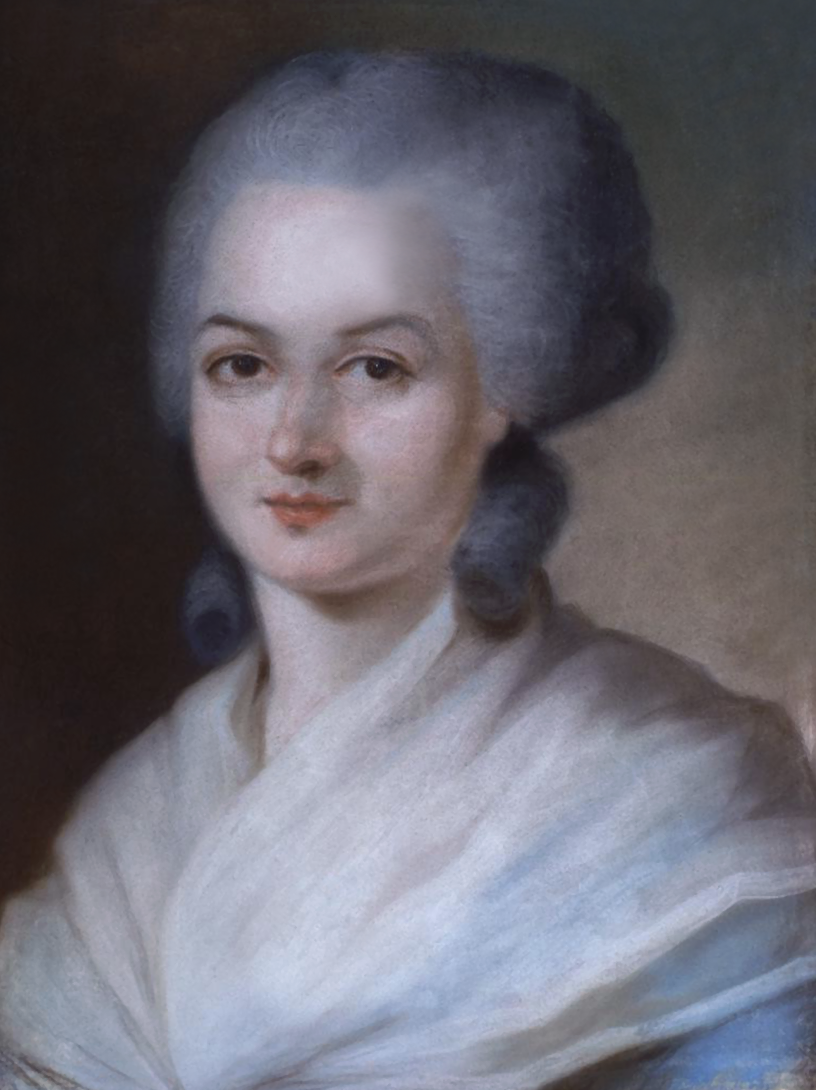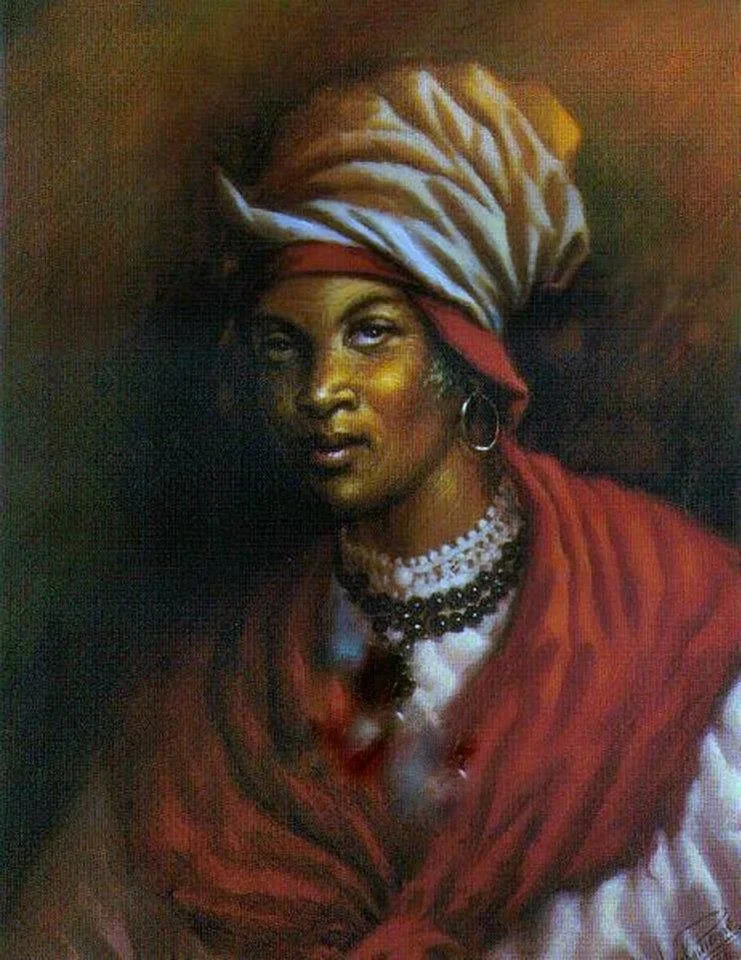“A Study Guide? I thought I was just going to see a play?”
Yes. And a good play should teach. Ultimately, if you just saw the play, you’d be more educated than you were yesterday.
But a great play does more than teach. It provokes curiosity.
When you scanned that QR to access this study guide, you acted out of curiosity. When you continue reading, you are acting out of curiosity. When you search “how did (fill in an event in history) happen,” you are acting out of curiosity.
Curiosity is the engine of education. And education is the catalyst of revolution.
We are living in revolutionary times. Whether you choose to engage or not is up to you. Regardless, history is happening all around you.
The best way to combat oppression, fight for freedom, and preserve human rights is to continuously educate yourself. And, if you came to see The Revolutionists, congratulations! You’re already doing it.
We at Gamut Theatre invite you to think critically about the subject matter you see in The Revolutionists and apply it to YOUR city, YOUR people, and YOUR history.
Keep reading to find out more about the time period, characters, and political climate of The Revolutionists.
And keep searching, digging, and asking all of the questions. Because you, yes all of you, are the historians of our day.









